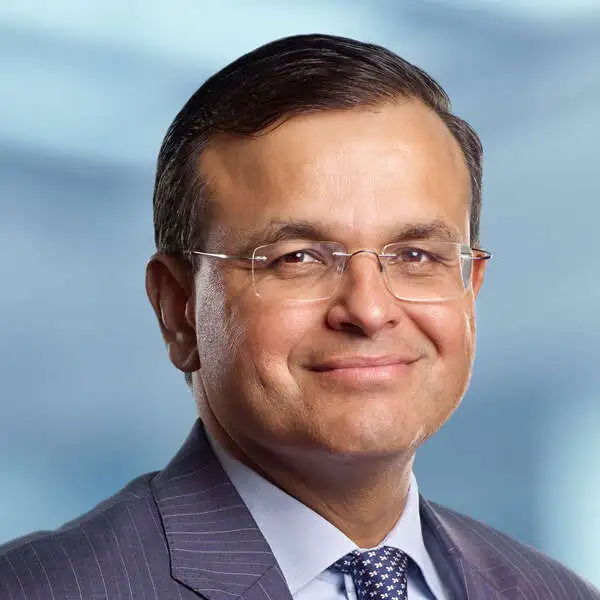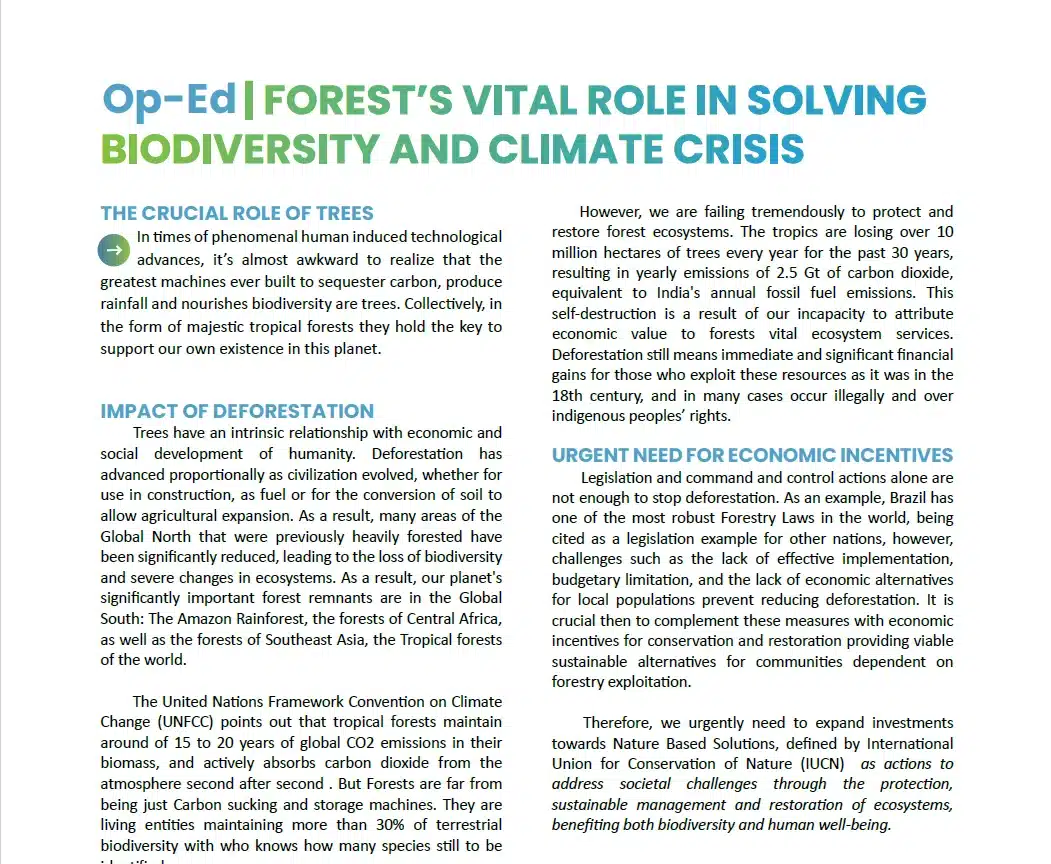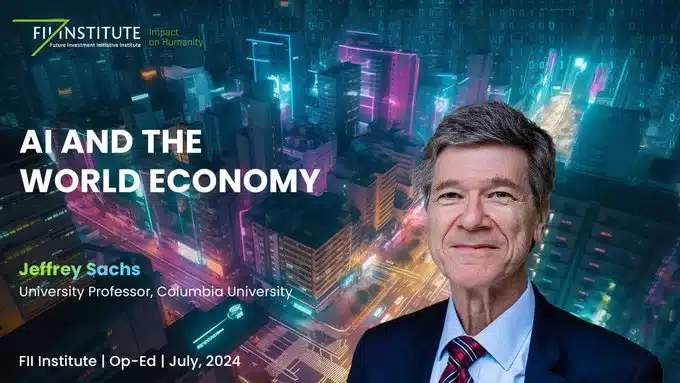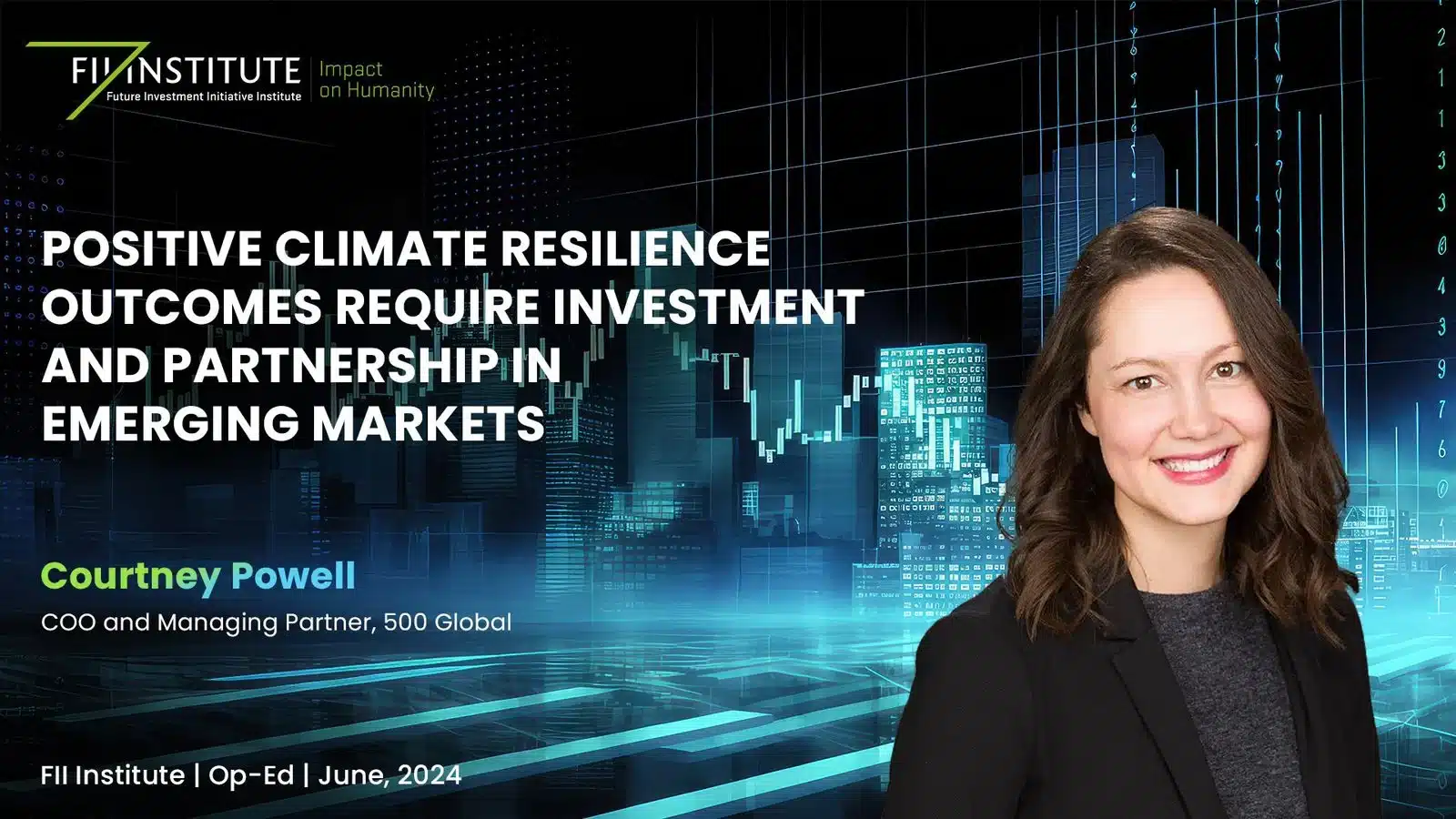INTRODUCTION / ABSTRACT:
Given the scale of the net zero challenge, banks and financial institutions, in particular, are in a position to play a critical role in accelerating Acheter cialis en ligne france the transition to a low carbon economy by financing activities aligned with the Paris Agreement. In addition, the financial sector has a vital role to play, especially in catalysing and mobilising capital to where it matters most, whether by creating new customised financing solutions that help with achieving environmental objectives or through thought leadership.
ISSUE AT STAKE:
It is no longer surprising that climate change is humanity’s greatest threat, especially in emerging and developing markets facing some of the most significant risks. If we are to deliver on the Paris Agreement and limit global warming to below 1.5°C by 2050 – the world must act now.
We have seen how the COVID-19 crisis was a wake-up call on the threats triggered by humanity’s impact on nature and the necessity to integrate these threats into business risk management processes. This is why, today, governments and industry movers are paying increased attention to the risks of inaction on climate change.
In Africa and the Middle East, climate change is especially critical as the region is amongst the most vulnerable regions to global warming, and most in need of funding to reduce its reliance on fossil fuels. We must ensure that the rapid ongoing economic development of our region can continue by tapping sources of clean energy such gas and solar, which the region has in abundance. This is why sustainable finance is crucial to delivering a green transition and supporting adaptation to protect against the effects of climate change that are already being felt.
SOLUTIONS:
A significant investment gap must be closed to accelerate the pace of transition in these markets. Emerging markets (of which Africa represents a large proportion) need to invest an additional USD94.8 trillion – a sum higher than annual global GDP – to transition to net zero to meet long-term global warming targets. As a matter of fact Standard Chartered’s recently issued report, the Adaptation Economy, investigates the need for climate adaptation investment in 10 markets – including five markets in Africa and the Middle East. It reveals that without investing a minimum of USD30 billion in adaptation by 2030, these markets could face projected damages and lost GDP growth of USD377 billion: over 12 times that amount. If the countries were to fund it themselves, it could reduce household consumption by an estimated 5% p.a.
This would be an especially unfair burden, given the region’s relatively low contribution to global emissions. On the other hand, if funded by public and private capital from developed countries, GDP could be higher by 3.1% in emerging markets and 2% worldwide. A dollar invested can have a significantly different impact depending on where and how it is deployed. It is with clients in emerging and developing markets that sustainable investment can have the most significant impact.
Additionally, the financial sector can be instrumental in financing developing countries’ ability to deploy sustainable solutions. Innovative financing models, such as blended finance, which can be utilised as crucial vehicles to incentivise and catalyse the private sector contribution needed to bridge this funding gap. Blended finance allows private sector capital to be funnelled towards projects of societal benefit. It also offers a valuable opportunity to attract philanthropic funds to participate in these structures. Short-term financing, although necessary, will not suffice entirely. Banks and Financial Institutions must also integrate sustainability considerations into their financing strategies and play a hands-on role in facilitating financing for sustainable projects.
At Standard Chartered, we are committed to supporting the growth of the sustainable finance market. We have announced ambitious new targets to reach net zero carbon emissions from our financing activities by 2050, including committing to interim 2030 targets for the most carbon intensive sectors. The Group’s approach is based on the best available data and aligns with the International Energy Agency’s Net Zero Emissions by 2050 scenario (NZE).
CONCLUSION / CALL TO ACTION:
To mitigate the climate crisis and minimise its threats to the world, we must be just, leaving no nation, region or community behind and, despite the hurdles, action needs to be swift. To meet the 2050 goal, we must act now and work together: companies, consumers, governments, regulators and the finance industry must collaborate to develop sustainable solutions and provide financing to speed up the adaptation of these solutions.





